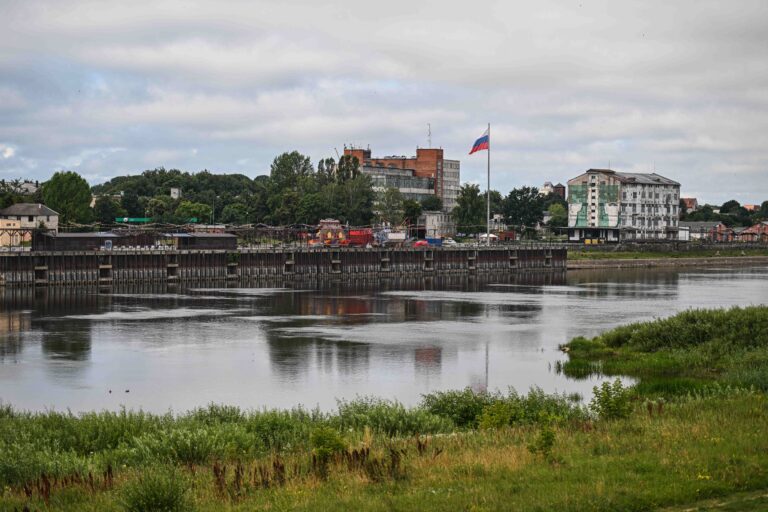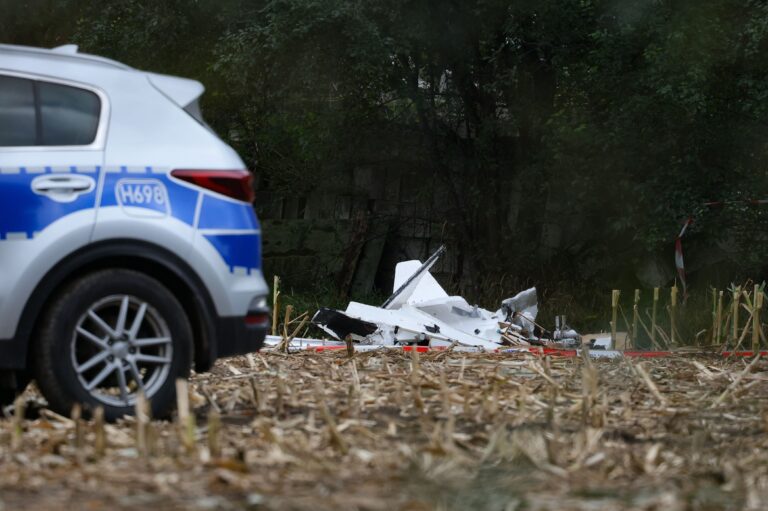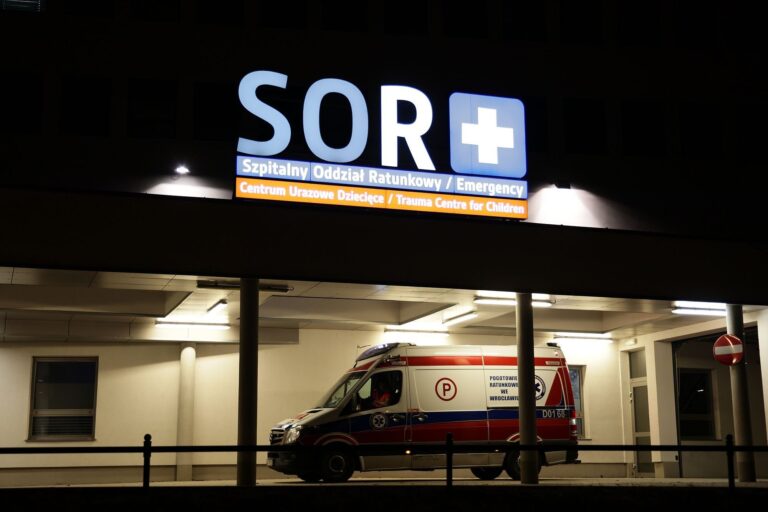Biznes Fakty
Agriculture. MEP Marta Wcisło: Europe is flooded with fertilizers from Russia and Belarus

Europe is experiencing a surge of fertilizers from Russia and Belarus, with Poland being the most impacted, stated MEP Marta Wcisło from the Civic Coalition during a press briefing at the European Parliament in Brussels on Wednesday. The European Parliament is set to vote on raising tariffs on these imports on Thursday.
The European Parliament will consider a new EU regulation regarding customs duties imposed on goods imported from Russia and Belarus. This regulation aims to increase tariffs on fertilizers brought into the EU from these nations, with the goal of diminishing the EU’s reliance on such imports.
Marta Wcisło: Fertilizers from Russia and Belarus are inundating the market
Wcisło indicated that in the first half of 2024, Poland imported over 700 thousand tons of fertilizers valued at EUR 1 billion from Russia and Belarus, accounting for more than 60 percent of total fertilizer imports. The MEP also presented a photo taken recently, which she claimed depicts Russian fertilizers in the port of Szczecin.
– Such shipments are consistently arriving in our nation. They are virtually saturating the entire market. At the EU level, the situation is equally concerning. In 2024, 4.4 million tons of Russian fertilizers, worth over EUR 1.5 billion, entered the European Union. This constitutes over 30 percent of the total fertilizer imports in the EU. Since the onset of the war in Ukraine, fertilizers valued at EUR 6.4 billion have entered the EU from Russia and Belarus. This is blood money that funds the war and Russia’s aggression towards Ukraine – asserted the MEP.
She further noted that Russia is continuously ramping up its fertilizer production. – Last year, production reached a record 63 million tons, and by 2030, this figure could rise to 80 million tons. This increase is fueled by exports to the European Union, which poses a threat to all European fertilizer manufacturers. Therefore, the European Commission’s proposal to impose tariffs on fertilizers from Russia and Belarus is a positive step – she remarked.
MEP: tariffs are insufficient; additional measures are necessary
According to Wcisło, this move addresses the prolonged encroachment of Russian goods in the EU market, which is based on unfair competition and low gas prices, the primary component in fertilizer production, comprising over 60 percent of its cost.
– Tariffs alone are not adequate. We need supplementary mechanisms to ensure that fertilizer production within the EU can receive proportionately more free ETS allowances (EU Emissions Trading System – ed.) to equalize and stabilize the market. In the long run, sustaining a robust and resilient fertilizer industry should be a priority for the entire Union, not just individual nations, as it is a cornerstone of our strategic autonomy and energy security, as well as food security. Above all, we cannot permit European farmers to become reliant on Russian fertilizers – the MEP concluded.
Read more: Orban’s U-turn on the embargo on Polish products >>>
Sinkeviczius: It’s about protecting our territory
The conference also featured Lithuanian MEP, former Commissioner Virginijus Sinkevičius. He stated that it concerns closing a perilous legal loophole and halting the flow of billions of euros to the Kremlin. – Let’s be clear, this is not merely a trade issue. It is fundamentally a geopolitical matter, as this money supports Russia in its brutal war in Ukraine. This funding is also utilized to interfere in elections across Europe – he emphasized.
The MEP added that while EU producers are facing high energy costs and production cutbacks, Russian firms benefit from cheap, subsidized gas and lack environmental responsibilities. „It’s not solely about aiding Ukraine, although that would suffice as a reason. It’s about safeguarding our territory, protecting Europe’s competitiveness. It concerns our industries,” Sinkevicius clarified.
The EP will vote on Thursday to authorize negotiations regarding the regulation with member states within the Council. The regulation will come into effect once an agreement is reached between MEPs and EU governments.



